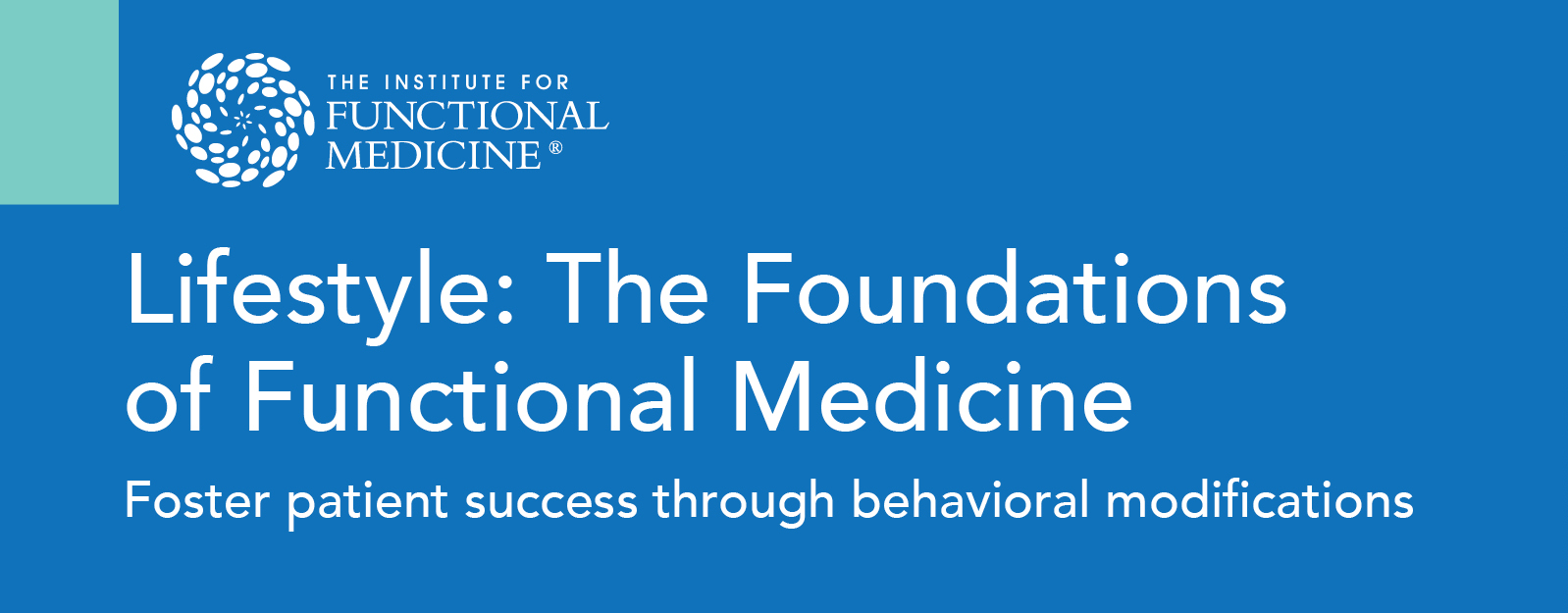
Nutrition Enhances Health Outcomes
Nutritional imbalances may contribute to disease pathology and progression, as research links micronutrient deficiencies to several chronic conditions. Improving a patient's dietary patterns and practices has the power to boost immunity, strengthen resilience, and enhance overall wellness—which is why nutrition-based interventions are fundamental components of many therapeutic strategies used to combat chronic illness and restore optimal health. Applying nutrition as a frontline treatment may help patients see dramatic improvement in their symptoms and experience a renewed vitality.
M
Indicators of childhood malnutrition indicate that, worldwide, an estimated 149 million children under the age of five years are stunted, 45 million are wasting, and 39 million are overweight.1
%
Current reporting estimates that, worldwide, 30% of non-pregnant women aged 15-49 years are anemic while 36% of pregnant women aged 15-49 years are anemic.2
M
Experiencing food insecurity increases risk of malnourishment and nutrient deficiencies. In 2020, 38 million people, including 6 million children, lived in food-insecure households in the US.3
%
Several nutrient shortfalls have been noted within the US population. Data suggests that an estimated 31% of the US population is at risk of developing one or more micronutrient deficiencies.4,5
+ References
- World Health Organization. Levels and trends in child malnutrition: UNICEF/WHO/The World Bank Group joint child malnutrition estimates: key findings of the 2021 edition. Published May 5, 2021. Accessed July 29, 2022. https://www.who.int/publications/i/item/9789240025257
- Stevens GA, Paciorek CJ, Flores-Urrutia MC, et al. National, regional, and global estimates of anaemia by severity in women and children for 2000-19: a pooled analysis of population-representative data. Lancet Glob Health. 2022;10(5):e627-e639. doi:10.1016/S2214-109X(22)00084-5
- Economic Research Service. Food Insecurity in the U.S.: key statistics & graphics. US Department of Agriculture. Updated September 7, 2022. Accessed September 30, 2022. https://www.ers.usda.gov/topics/food-nutrition-assistance/food-security-in-the-u-s/key-statistics-graphics/#
- Bird JK, Murphy RA, Ciappio ED, McBurney MI. Risk of deficiency in multiple concurrent micronutrients in children and adults in the United States. Nutrients. 2017;9(7):655. doi:10.3390/nu9070655
- Reider CA, Chung RY, Devarshi PP, Grant RW, Hazels Mitmesser S. Inadequacy of immune health nutrients: intakes in US adults, the 2005-2016 NHANES. Nutrients. 2020;12(6):1735. doi:10.3390/nu12061735
Watch functional medicine experts discuss nutrition

P. Michael Stone, MD, MS
Why Functional Nutrition Addresses Clinical Imbalances

Robert Rountree, MD
Emerging Topics in Mitochondrial Research: NAD

Lisa M. (Perry) Portera, DC
Considerations for Neuropathic Pain

Liz Lipski, PhD, CNS, FACN, BCHN, LDN
Using the Elimination Diet in Clinical Care
Discover the key to optimized health with Lifestyle: The Foundations of Functional Medicine>
This course explores the evidence-base and clinical applications of modifiable lifestyle factors.
Take a closer look at how the factors below affect the body:


